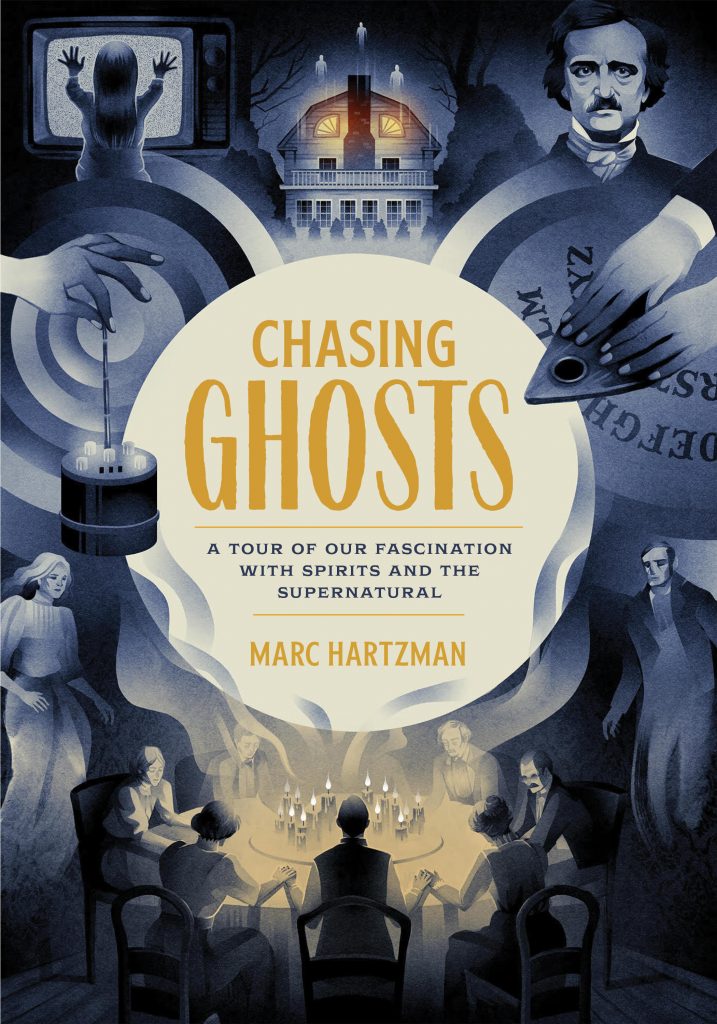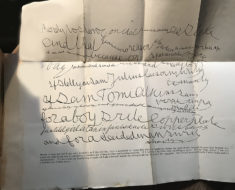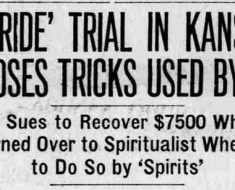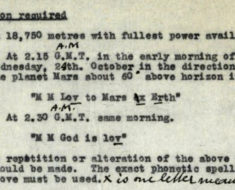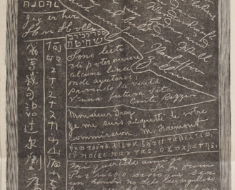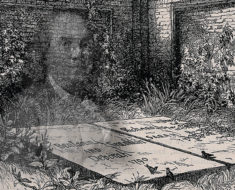Mozart was only thirty-five when his health began to fail him, but it didn’t stop him from accepting one final commission from a stranger. In 1791, a well-dressed man of “noble and imposing manners” paid the composer a visit to request a requiem on behalf of a “great man” who wished to remain anonymous.
“He has lost a very dear friend, whose memory will be forever precious to him,” the stranger said. “He wishes to commemorate her death, every year, by a solemn service and he wants you to compose a requiem for the occasion.”
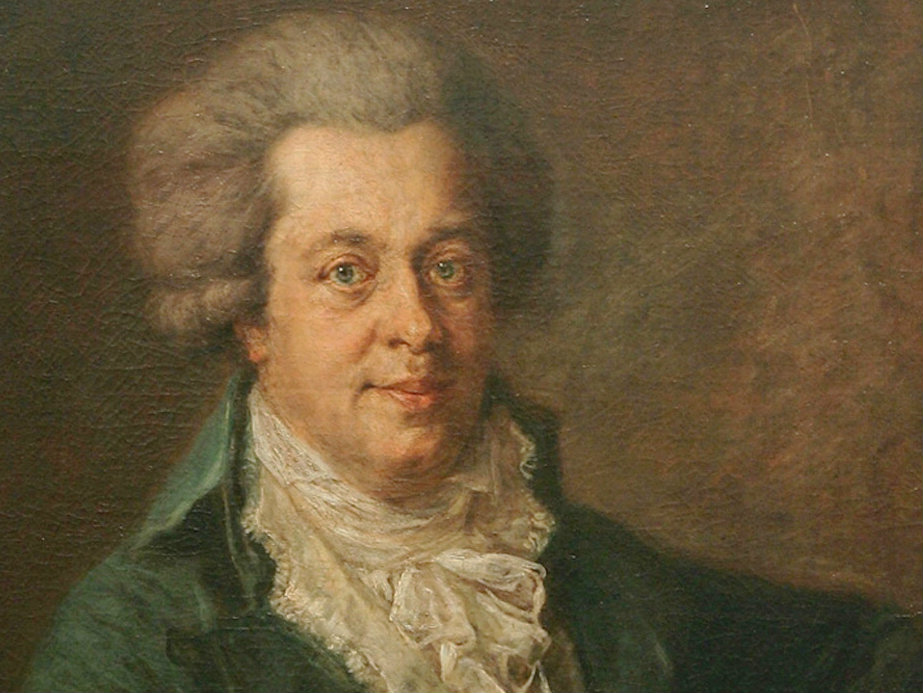
Impressed and intrigued, Mozart agreed and promised to deliver the piece in four weeks. His ailing body, however, was hardly up to the task. “One thing is certain,” he told his wife days later, “I am composing my own requiem; it will serve to perpetuate my own memory.”
Four weeks passed and little had been accomplished. The stranger returned and Mozart informed him that he’d need another month. “The work has inspired me with deeper interest than I supposed, and I have given to it more study than I intended,” he explained.
The patron understood, paid Mozart an additional fee, and promised to return in another four weeks. So pleased was the composer with the extra payment and the stranger’s courteous demeanor that he asked a servant to chase this fellow down as he left the house. Mozart was eager to find out who exactly this gentleman was. But the servant returned and reported that there was no trace of the man.
“Poor Mozart had conceived the idea that this stranger was no ordinary mortal, but was one of his friends in the immortal world, sent to warn him of his approaching death,” a late nineteenth-century retelling of the incident stated.
The composer exhausted his energy finishing the requiem by the end of the four weeks, often fainting from hard work in the process. The stranger arrived as promised, but by then, Mozart was dead.
Other versions of the event claim that the requiem went unfinished, but Mozart’s widow had it completed by one of her husband’s students in order to receive the full commission. Mozart’s ghost turned out to be Count Franz von Walsegg, who made a habit of passing off the work of famous composers as his own. Ten years later, Mozart’s widow finally convinced him to admit the work was her husband’s. If only the composer could’ve paid the Count a visit from the afterlife, the confession might have come much sooner.
This article was originally written for my book, Chasing Ghosts: A Tour of Our Fascination With Spirits and the Supernatural. Buy on Amazon.
